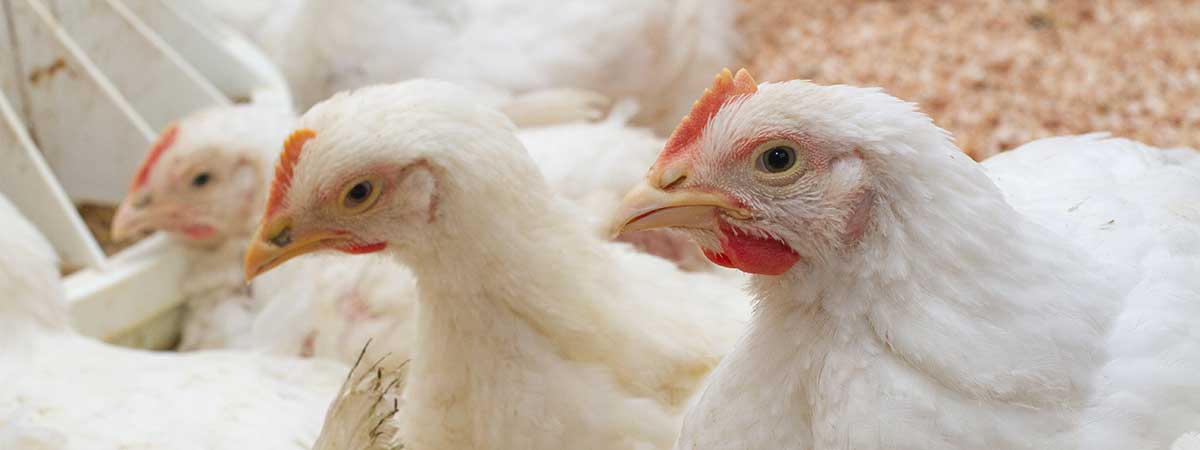What You Will Learn
- We will define the components of intestinal integrity and review different nutritional strategies and feed additives helping to improve the intestinal barrier function, maintain balanced state of the intestinal microflora and tolerance to inflammation to improve performance and reduce the need for antibiotic treatments on the field.
- We will see how to improve intestinal integrity by adjusting our feed specs (protein, fibers, fat and minerals), dealing with main antinutritional factors, feed structure and raw materials’ quality.
There are different additives used to improve intestinal health and performance, eliminate or at least mitigate lots of predisposing factors, or boost birds’ immune system towards pathogens. Those include enzymes (phytase and NSP enzymes), some vitamins (such as vit A, E, D3, niacin) and trace elements (like Zn and Se), probiotics, prebiotics, phytogenics (for example, essential oils, polyphenols or saponins), and short- and medium-chain fatty acids. The question is…which solutions are right for my flocks? Unfortunately, there is no straight and simple answer. We need to understand each additive’s specific mode of action and select the additive that best addresses the conditions and challenges we face.
When it comes to feed additives that improve intestinal health, a main attribute is inflammation management or anti-inflammatory properties. A desirable effect is also stimulation of the specific immune response towards different pathogens instead of non-specific inflammatory reactions, which are less efficient and often detrimental. Feed additives that boost intestinal health mitigate, prevent or alleviate tissue stress and damage by, for example, dealing with antinutritional factors or having antioxidant effect.
Some additives have specific trophic properties over the intestinal mucosa, in which way they boost the mucosal function – absorption of nutrients and barrier for pathogens and toxic substances. On the other side, some additives support the state of eubiosis or balance between the microorganism – in our case, the bird and its microflora. Last but not least, they might have a direct effect on the host metabolism by reducing stress and inflammation, driving metabolism to more catabolic vs. anabolic processes. Besides, most of the feed additives have additive or even synergistic effects that one could leverage on.



